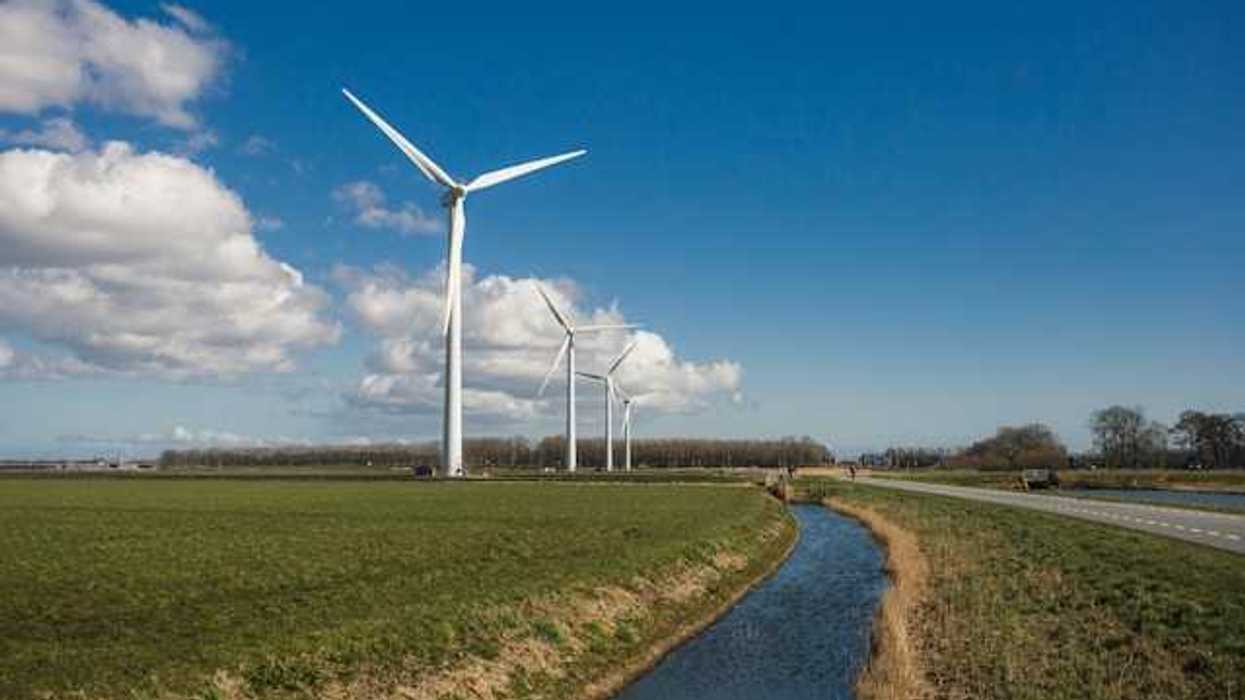Solar panels now double as shade for sheep and a tool for rural energy production in Georgia, where some farmers are balancing land conservation with renewable energy development.
Emily Jones reports for Grist.
In short:
- A solar farm in Lee County, Georgia, uses sheep for vegetation control, allowing the land to remain agriculturally active while producing renewable energy.
- Concerns over solar development on farmland have spurred opposition and legislation, but studies show financial gains for local governments through increased property taxes.
- While farmland loss is a concern, experts say low-density housing, not solar development, is the leading cause in Georgia.
Key quote:
“It is incredibly hot, the sun is just unavoidable, and the fact that they’ve got shade every 15 feet out here — it’s just the ideal environment, to have shade so close.”
— Tyler Huber, Lee County sheep farmer
Why this matters:
America is losing farmland at a rate of about 2,000 acres per day, much of it to housing sprawl and industrial growth. As the demand for renewable energy grows, solar companies are increasingly eyeing these same lands for large-scale projects. While solar development raises fears about displacement of food production and ecological harm, the Georgia example shows that clean energy and agriculture don’t have to be at odds. Integrating solar with sheep grazing or pollinator habitats offers a hybrid approach to land use. But this model depends on local policies, utility incentives, and how landowners value long-term income versus short-term gains.
Related: Solar farms provide more than clean energy by supporting pollinators














